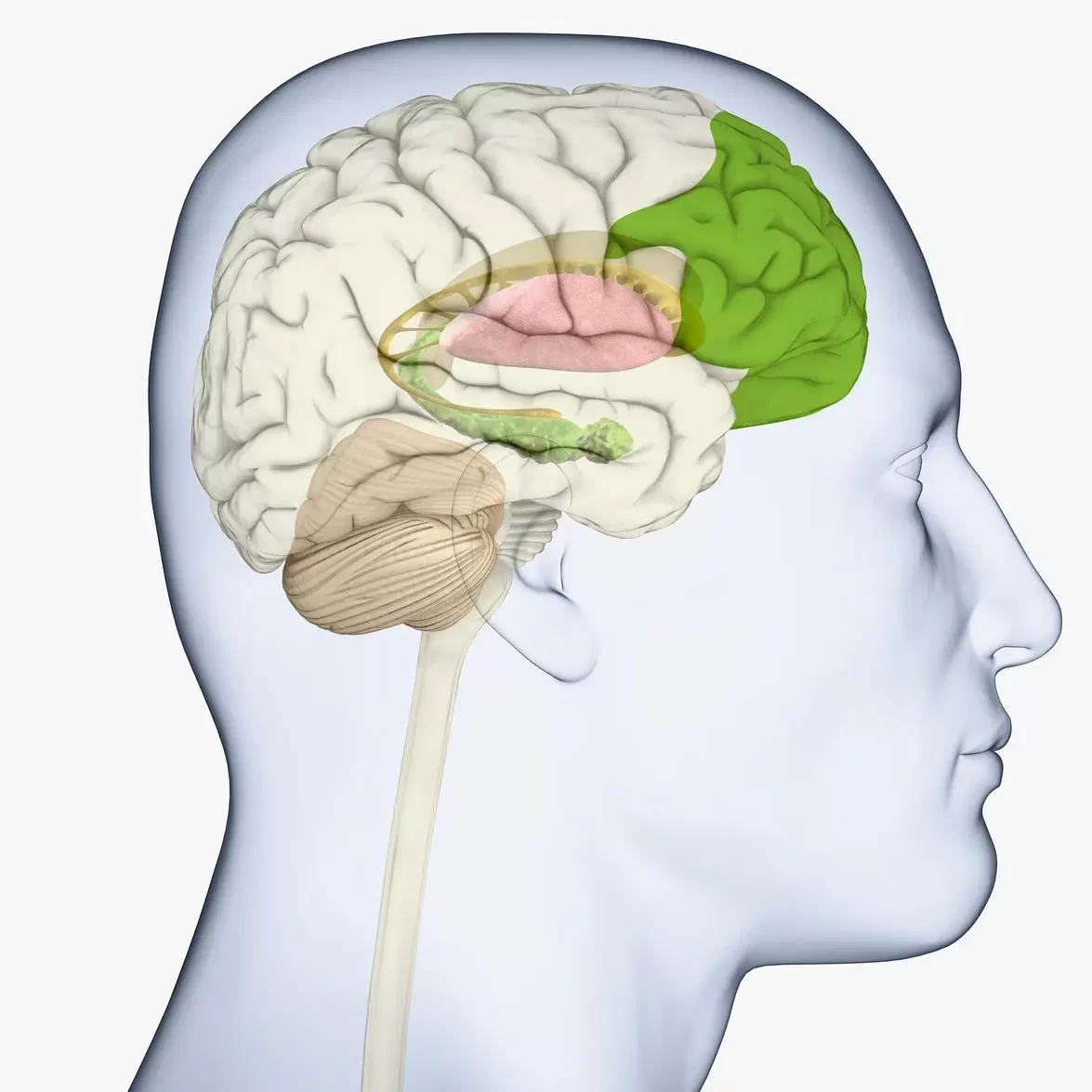Many people think that high self-discipline is to force yourself. In fact, high self-discipline is never forcing yourself, but understanding the cognitive laws of our brain. When you understand the cognitive laws of the brain, you will form a continuous Self-discipline, not intermittent self-discipline, is the key to separating us from people, and it is the foundation that helps us build long-term self-discipline.How to be highly self disciplined and three cognitive laws of the brain
1. Set small goals, not big ones
Psychology has found that the human brain has its own inertia, which is based on the amygdala. In fact, the brain also has its own inertia and will follow the rhythm of the past step by step.
In fact, the reason why people feel demotivated when faced with a big goal is because our brains recognize that it is a huge task, which suppresses the dopamine in our brain and makes us less motivated to participate.

And if we want to understand how to become self-disciplined, the most important thing is not to set big goals. Under big goals, our mind will naturally generate a kind of stress and escape. Knowing how to set small goals often reduces resistance to our actions.
For example, if our brain receives the idea of reading 100 books a year, it will think it is a difficult thing, but when we divide the goal into turning a dozen pages a day, our difficulty will be reduced. When our brain mobilizes the emotions will be enhanced.
So if we want to make ourselves self-disciplined, please don’t set big goals. Even if we have big goals, we need to decompose the big goals into small goals, and fully mobilize ourselves to participate through the setting of small goals.
When we can stick to small goals for a period of time, naturally our brains have begun to build new cognitive systems.
Many people admire my persistence in writing for many years. I said that when I was writing, I never asked myself to write for how many years, but insisted on writing an article every day. It was based on such a small goal that I persevered.

To achieve a high degree of self-discipline, we must first understand the cognitive structure of the brain. Big goals can easily lead us to escape, and only small goals can motivate us to change. When you want to become self-disciplined, you must set small goals. , and actively encourage yourself to stick to it gradually.
2. Gaining a solid understanding of our brain’s temptation factors
Sometimes we don’t overestimate our willpower, we also need to understand that the brain is not as self-disciplined as you think.
So if you want to master self-discipline, you need to fully understand the temptation factors of the brain. If you don’t know how to manage temptation well, but force yourself to be self-disciplined, it will often make our brains very unhappy. If we cannot fully please our brain, then the enthusiasm of our brain will also be inhibited.
If we want to exercise self-discipline, we need to fully manage these temptations. If you want to develop the habit of reading, you may need to avoid the possibility of being tempted by mobile phones and disrupted by other things.
And when we sort it out systematically, we can reasonably see the possible damaging factors of our self-discipline effect. When you know how to properly respect these little hobbies, your self-discipline will often become more positive.

You can tell yourself, for example, to complete your tasks every day, and then set aside time to look at the phone, so that our brain will receive a higher level of happiness.
The real self-discipline is to know how to plan your own slack time and let your brain relax. After all, the brain also needs to rest, so if we relax properly, the brain can be fully rectified, so that it can proceed more efficiently.
Good self-discipline is not to turn yourself into an executor of instructions. Good self-discipline is to allow yourself to be fully flexible and to understand the need for laziness and relaxation of the brain. Only then can you ensure that self-discipline continues.
3. Empower yourself, keep motivating yourself
True self-discipline requires empowerment, and the same goes for the brain. According to the law of increasing entropy, life itself is a state of disorder, and learning to manage one’s own disorder and establishing an orderly life is the most important thing.
So you have to understand that self-discipline itself is helping yourself to build a more active and effective system, and what you need to tell yourself is that you are reshaping your brain to make your brain more efficient, valuable and meaningful.
Self-discipline itself is a natural struggle against our lazy, indolent habits, and you need to encourage what you do every day

For example, when you get up and read a book, tell yourself that you are really
brave to be able to break free from the warm quilt. Actively empowering yourself every day will let us know that we are the masters of life, and let us know that we are in control and lead their own lives.
Everyone needs to understand that empowering and motivating themselves is the most important thing in our life. When you know how to actively encourage yourself, you can be full of energy.
In fact, you find that those who are truly self-disciplined are all enablers, the enablers of their own lives, and the enablers of other people’s lives. Only by empowering ourselves will we know how to persevere.

Therefore, truly advanced self-discipline must be based on the understanding of the cognition and laws of our brain. When you understand the thinking path of the brain and the habits of the brain, you will understand that good self-discipline is never forcing yourself, but knowing how to make the most of the situation. Only then can self-discipline really take root and lead us to become a better version of ourselves.
Read more tips about health and love http://www.growmorehealth.com
